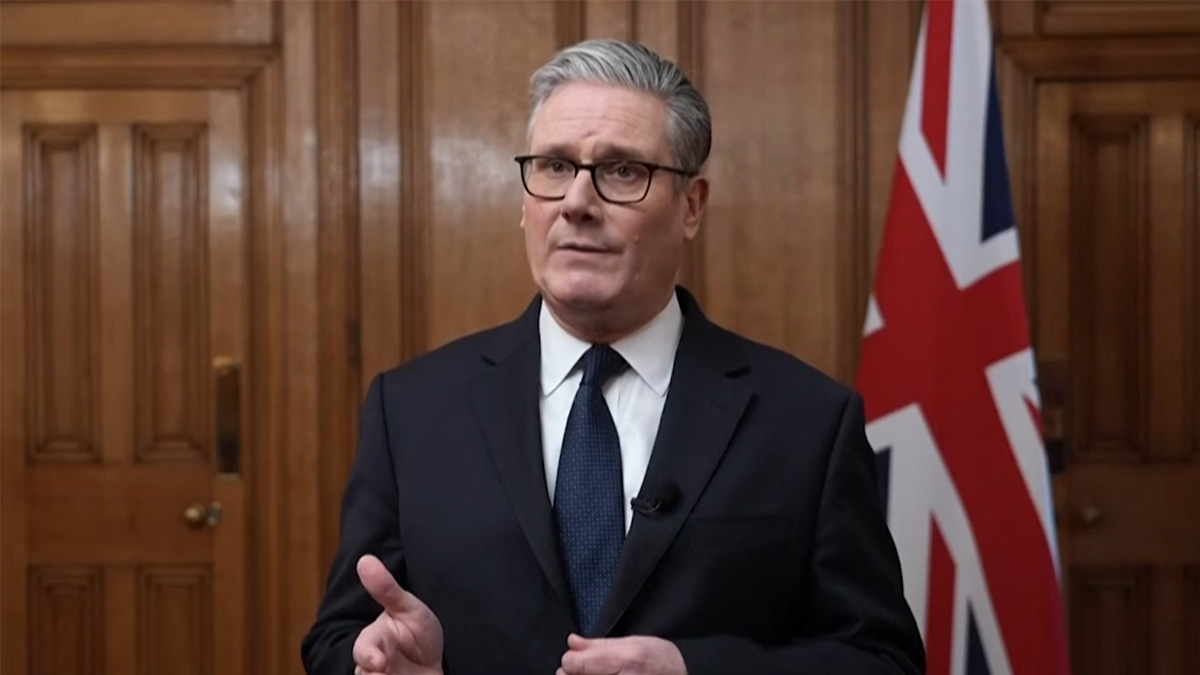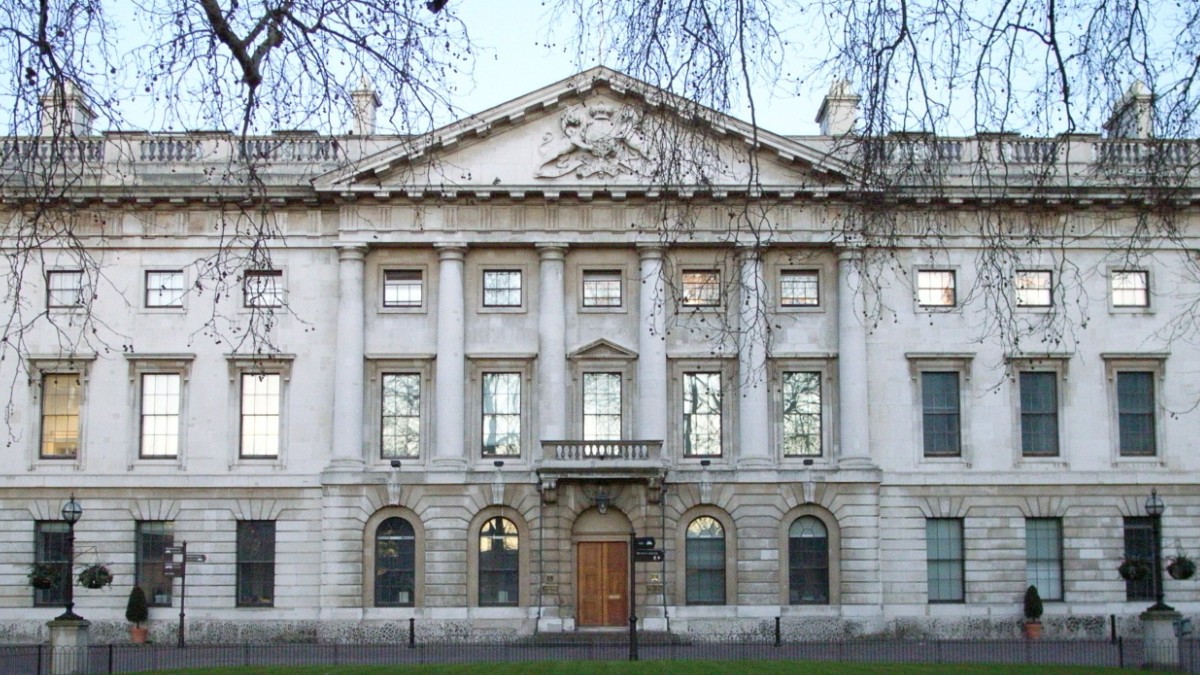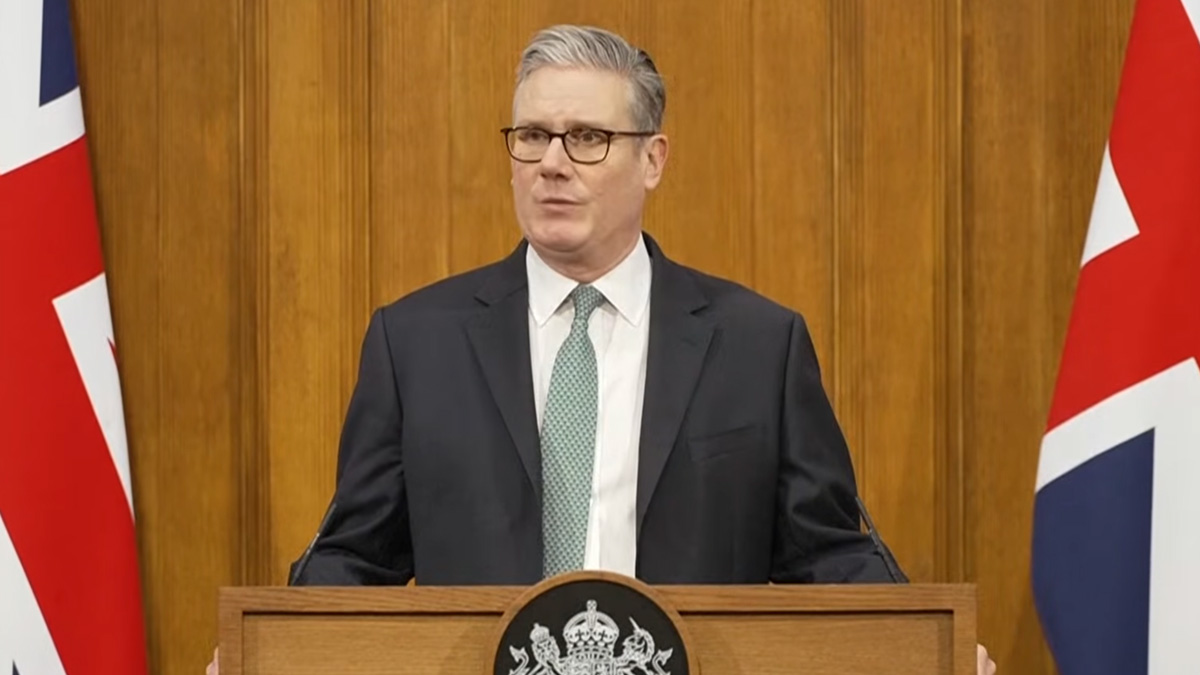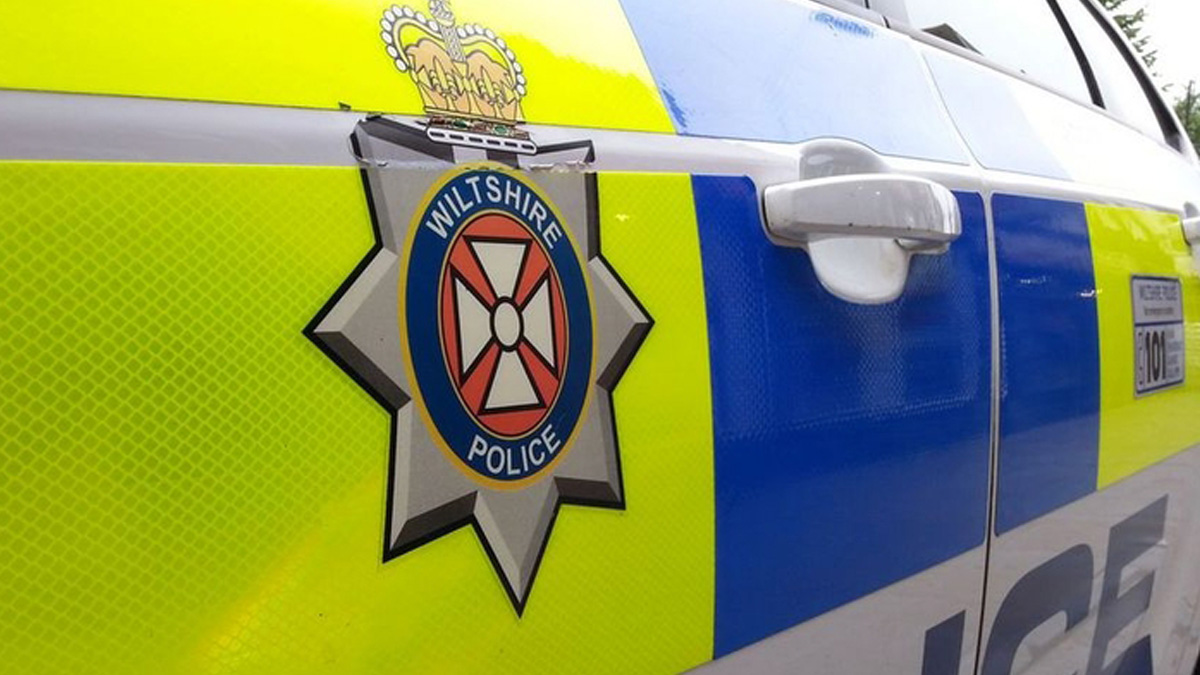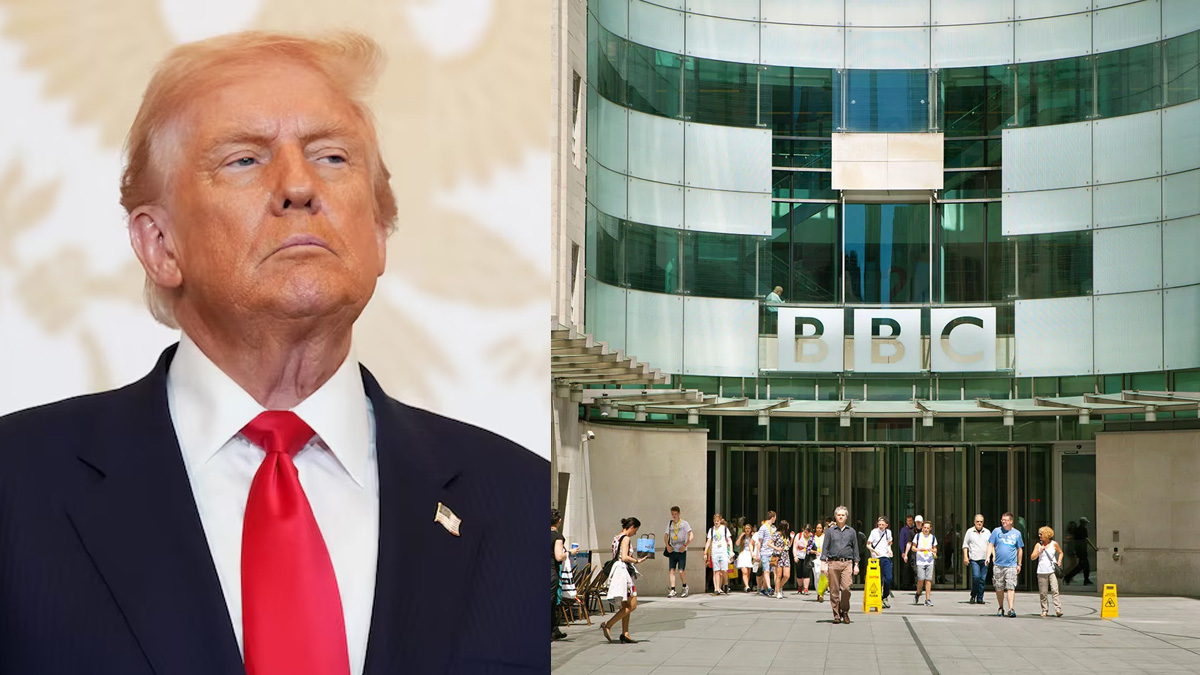China urges UK to stop ‘smearing’ Beijing amid collapse of alleged spy case
China has urged the United Kingdom to halt the spread of what it called false accusations of espionage, following the collapse of a high-profile spy case against two British citizens. Beijing said it opposes any attempt to “vilify and smear” China through disinformation.
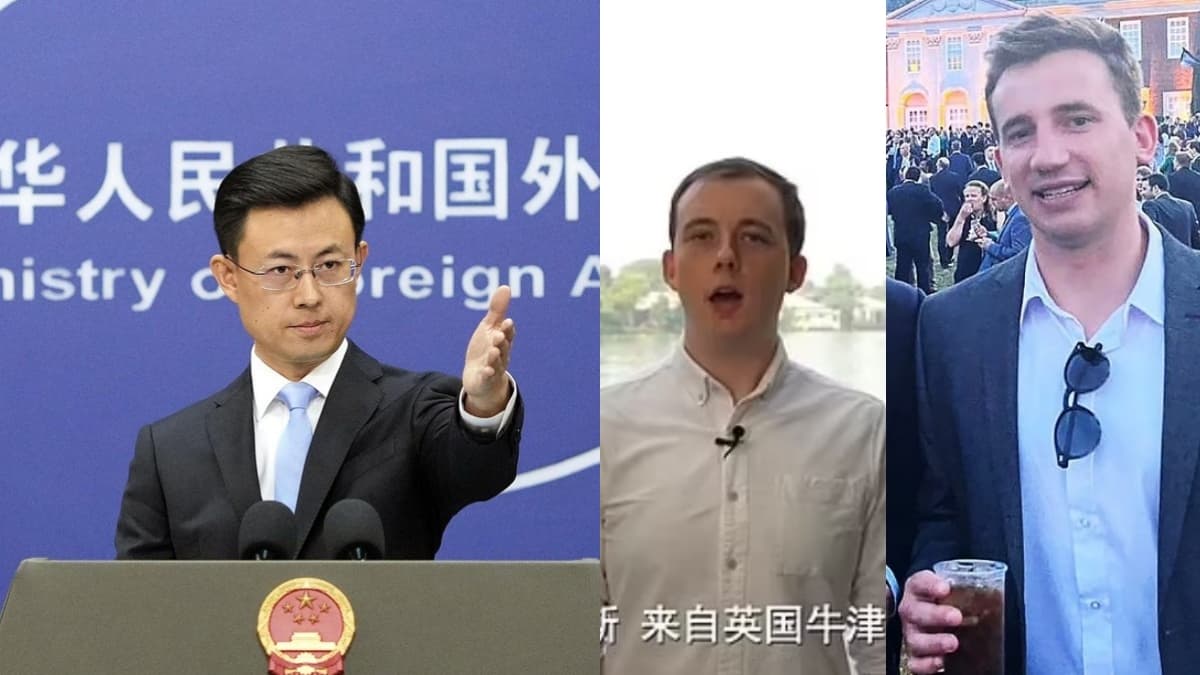
- China has condemned renewed “disinformation” about alleged Chinese espionage in the UK after charges against two Britons accused of spying were dropped.
- The Chinese Foreign Ministry called on London to “correctly view” bilateral relations and avoid politicising cooperation.
- The UK government faces criticism following the collapse of the espionage case involving Christopher Cash and Christopher Berry.
China on 28 October 2025 urged the United Kingdom to stop “vilifying and smearing” Beijing through claims of Chinese espionage, after a collapsed spy case reignited tensions between the two countries.
During a press conference, Chinese Foreign Ministry spokesperson Guo Jiakun said China “firmly opposes spreading disinformation about so-called ‘Chinese spy activities’.”
Guo reiterated that mutual respect remained the foundation of China–UK relations, emphasising that cooperation between the two countries was “mutually beneficial.”
Guo added that “some individuals are bent on peddling the ‘China threat’ narrative” and that allowing anti-China sentiment to dictate policy would “only backfire.”
The remarks came after a BBC reporter asked whether Beijing was concerned that the espionage allegations could damage China’s reputation among the British public.
Allegations of Chinese espionage in Britain
The controversy began when British prosecutors charged Christopher Cash, a former parliamentary researcher, and Christopher Berry, an academic, under the Official Secrets Act in April 2024.
The pair were accused of gathering information “prejudicial to the safety and interests of the state” between December 2021 and February 2023.
Prosecutors alleged that the men had passed sensitive political information to a Chinese intelligence agent linked to a senior figure in the Chinese Communist Party. Both men consistently denied any wrongdoing.
In September 2025, prosecutors unexpectedly dropped all charges, citing a lack of sufficient evidence.
The Crown Prosecution Service (CPS) said it had struggled for months to obtain crucial government evidence linking China to the alleged offences.
Stephen Parkinson, the Director of Public Prosecutions, explained that a precedent from an earlier spying case meant that, for prosecution to proceed, China needed to have been formally designated a “threat to national security” at the time of the alleged crimes.
UK political fallout
The collapse of the case sparked political debate in Westminster.
Former Security Minister Tom Tugendhat, who had previously employed Cash as a researcher, criticised the government for failing to secure a conviction, asking: “Who the hell’s side are you on?”
In his own statement, Christopher Cash said he had been placed in an “impossible situation” and denied that he had ever endangered national security. “The statements that have been made public are completely devoid of the context that would have been given at trial,” he said.
Christopher Berry also maintained his innocence, stating that his reports were for a Chinese company seeking trading links with the UK and that they contained only publicly available information and conjecture.
“I do not accept that, in so doing, I was providing information to the Chinese intelligence services,” Berry said.
Beijing has consistently rejected the UK’s accusations of espionage.
British government witness statements released earlier this year under the Labour administration acknowledged that China posed certain security challenges but also stressed that the UK sought to maintain a “positive economic relationship” with Beijing.


